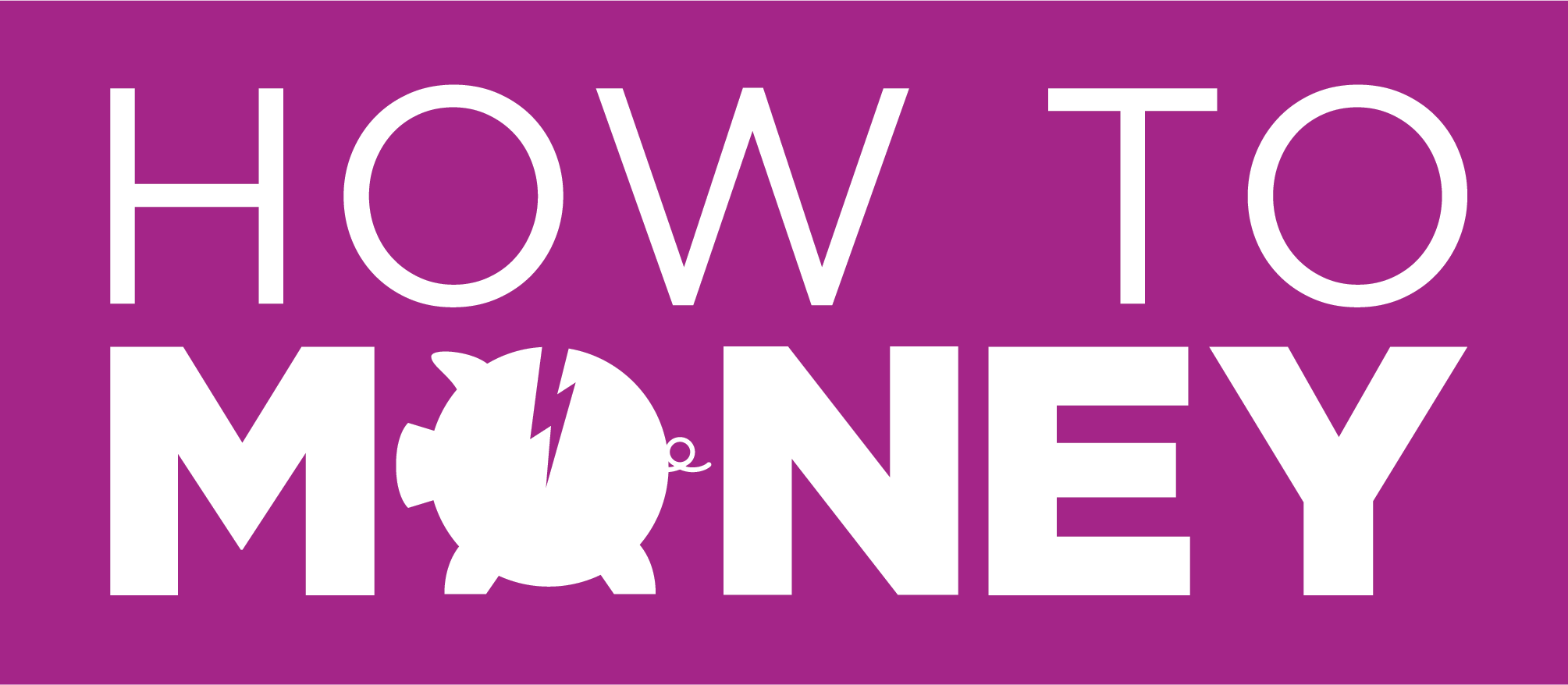
What is a Bond?
As we recently covered the basics of shares and ETFs on How To Money, we are now going to expand on the topic of investments by discussing the basics of bonds.
So what exactly is a bond?
Corporates and governments can both issue debt, and this is often in the form of a bond. Companies can raise money from the public by issuing shares or bonds or both. So you could choose to buy a share of BHP, or you may choose to invest in BHPs company debt. Corporate bonds are a loan to the company with the expectation the funds will be repaid by the company on the maturity of the bond (or you might choose to sell the bond to another party before maturity).
How do bonds work?
The company or government that has issued the bond is legally required to pay interest every year and the principal on maturity to the bondholder. Therefore corporate bonds (also known as fixed interest securities) can be considered a lower risk product than owning the company’s shares. So if you invest $100 in a bond for 7 years, with a face value of $100 and it pays you 5% per annum — you get $5 at the end of each year for 7 years, and on maturity, you get back your original $100 face value amount.
Bonds like all assets move in value, so your investment of $100 today may go up or down in value, and you can trade bonds as their price moves up and down. While company bonds do not get the same profile as company shares, it is worth learning a bit about bonds and how they differ to shares. As we have mentioned previously — a share is part ownership of a company, while a holder of a company’s debt does not own part of the company.
Holding company debt only gives the holder the right to the interest that is earned on the debt and the principal on maturity. You do not participate in the profits or losses of the company, nor do you have the right to vote at the AGM. It is also worth noting that company bonds can be bought and sold on the ASX (ETBs — Exchange Traded Bonds) or through other providers in the market (such as corporate bond funds).
Australian Government Bonds (also called Treasury Bones) are another low-risk investment product that you can buy and sell through the ASX. The Government will pay to the holder the yearly interest payments, and pay the face value at maturity of the bond.
So why do people choose to invest in bonds?
The price of bonds is usually more stable than share prices — as the price of bonds changes with the movement in interest rates, however, if a company goes into default, you are at risk of losing your capital. If you currently have super account, there’s a fair chance that somewhere in that mix your money is invested in defensive assets such as bonds.
To be honest corporate bonds are difficult things for small investors to buy and trade (although with the increase of ETBs and corporate bond funds this is changing). Australia does not have a large or liquid bond market, with most investors preferring shares or property. However, it is important to know that bonds are out there, and they are another financial product available to you.
Susan — HTM Podcast Co-Host
Resources
- Bonds — via ASIC Moneysmart
- Australian Government Bonds– via ASIC Moneysmart
- Corporate Bonds– via ASIC Moneysmart
Want to learn more about money and personal finance? Check out our article archive, the How To Money Podcast and the Australian Finance Podcast. Catch us on Twitter @HowToMoneyAUS and Instagram on @HowToMoneyAUS.
Important Information
The information on this blog and website is of a general and educational nature only. It does not take into account your individual financial situation, objectives or needs. You should consider your own financial position and requirements before making a decision, as we are not an advisory service. We recommend you consult a licensed financial adviser in order to assist you. The information is based on assumptions or market conditions which can change without notice, and this will impact the accuracy of the information provided. This website and blog occasionally provide links to third-party sites, aimed at helping you gather the information required to make an informed decision — we may receive payment for these referrals.






